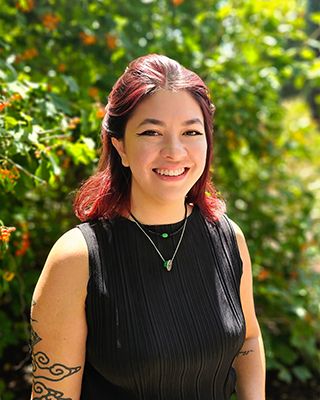Watch: Keynote with Jenna Lee – Archives are Hot
In this talk, Jenna Lee shares how her art practice navigates and transforms the archives of language, history, and family. Through processes of deconstruction and reconstruction, Lee reimagines colonial texts and family narratives, drawing out what is lost, overlooked, or suppressed. Her work reconfigures books and language as living material, opening space for new readings of the past and possibilities for the future.
This keynote was co-chaired by Associate Professor Vicki Couzens of RMIT University's Yoonggama Ma Nga First Nations Knowledge Creation Transdisciplinary Research Cohort. They were joined by Thao Nguyen and Amy Spiers of Contemporary Art and Social Transformation (CAST) research group.
This talk engages with colonial texts and misrepresentations of First Peoples' languages as well as family histories, which include sex work, racist policies (White Australia Policy) and blackbirding. The accompanying presentation contains images of people who have passed.
Jenna Lee

Gulumerridjin (Larrakia), Wardaman, and KarraJarri woman of Japanese, Chinese, Filipino, and Anglo-Australian ancestry, Jenna Lee explores language, materiality, and the transformation of inherited narratives. Intrigued by what is lost in translation, she captures the unseen spaces between words through installations, works on paper, sculpture, and multimedia. Her practice reveals the hidden forces shaping history and identity, drawing attention to what time erodes and what collective memory suppresses.
CAST
Engagement: Archives are Hot!Contemporary Art and Social Transformation (CAST) produces art research that critically engages with social and public spheres with a particular interest in how artistic practices intersect with issues of equity, access and democracy.
The research group is a hub for critical thinking, collaboration and the exchange of ideas, knowledge dissemination, practice-led artistic research and socially-engaged art practice. We work to strengthen art projects on creative care, ecology, education, queer(y)ing practice, migration and mobility, social practice and public art. CAST engages on local and international levels by collaborating with practitioners, communities, industry and government partners.
Across all of our research, CAST recognises the importance of Indigenous and First Nations voices, perspectives and agency. We believe that Indigenous ways of knowing and being are central to the fabric of contemporary life and we acknowledge the sovereignty of our First Peoples.